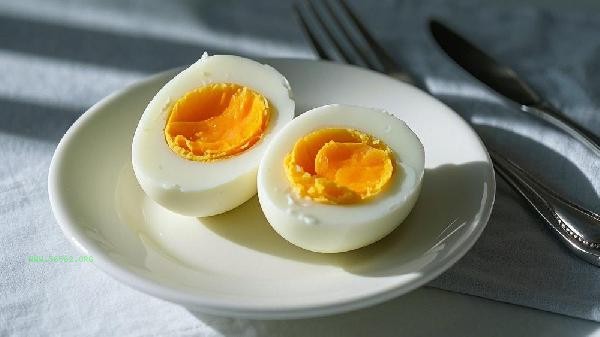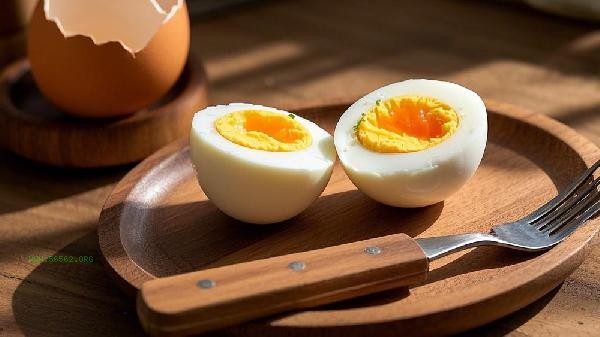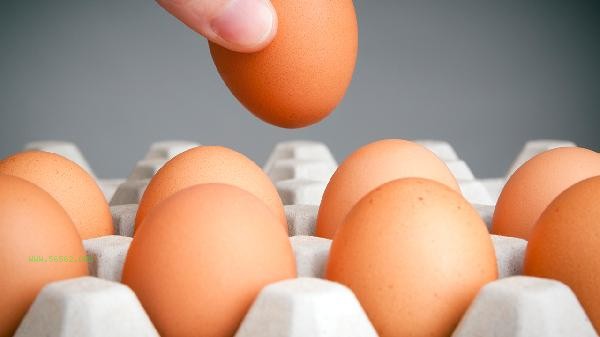The difficulty in peeling off boiled egg skins is usually related to the freshness of the eggs, cooking methods, and cooling methods. The main reasons are that the eggs are stored for too short a time, boiled in boiling water without adding salt, not cooled quickly after boiling, the eggshell membrane is too thin, and the acidity or alkalinity is abnormal.

1. Freshness of Eggs
The eggshell membrane of fresh eggs is tightly attached to the protein, and the high carbon dioxide content leads to a lower pH value. The difficulty of shelling eggs that have just been laid for one week is significantly higher than those that have been stored for two weeks. As the storage time increases, the inner chamber of the egg expands and the binding force between the inner membrane and the protein weakens. It is recommended to refrigerate and store eggs for a period of time before cooking.
2. Boiling water temperature
Boiling water in a pot can easily cause the eggshell to rupture rapidly due to heat, and the protein will quickly solidify and adhere to the eggshell membrane. Adding cold water to the pot allows the egg whites to slowly solidify from the outside in, forming a more uniform protein structure. Adding a small amount of salt to water can change osmotic pressure and help separate eggshells from proteins.
3. Cooling treatment
Soaking in ice water immediately after cooking can cause protein to contract and detach from the eggshell membrane, and the principle of thermal expansion and contraction can expand the air chamber space. When the cooling time is insufficient, residual heat will cause the protein to continue to adhere. The ideal operation is to soak the egg in ice water for more than ten minutes, gently crack the eggshell to form a water seepage channel.

4. Eggshell Structure
The eggshell membrane is composed of two layers of keratin, inner and outer. Insufficient thickness or poor calcification can affect the peeling effect. Eggs produced by hens with insufficient vitamin D or calcium and phosphorus in their feed have a more fragile shell membrane structure. This type of egg is more prone to protein infiltration into the membrane fibers during cooking.
5. Acidic and alkaline effects
Protein viscosity is strongest when the pH value is between 8.0-9.0, and alkaline environment increases the adsorption force between protein and shell membrane. Using white vinegar or lemon juice to adjust the acidity of boiled egg water to weak acidity can promote denaturation and contraction of shell membrane proteins. However, excessive acidification can lead to abnormal protein coagulation.

To improve the peeling effect of eggs, you can try the following methods: choose refrigerated eggs that have been stored for more than a week, boil them slowly in cold water over low heat, add half a teaspoon of salt to the water, immediately chill them after cooking, and gently roll and crack the eggshells. For eggs that often have difficulty peeling, it is recommended to check the nutritional ratio of the hen's feed to ensure that the calcium phosphorus ratio is maintained within a reasonable range. When eating in daily life, you can cut the boiled eggs in half and use a spoon to scoop out the egg whites and yolks to avoid affecting your appetite due to incomplete shelling. If the egg has abnormal difficulty peeling and accompanied by protein discoloration or odor, it should be stopped from consumption to prevent the risk of spoilage.








Comments (0)
Leave a Comment
No comments yet
Be the first to share your thoughts!